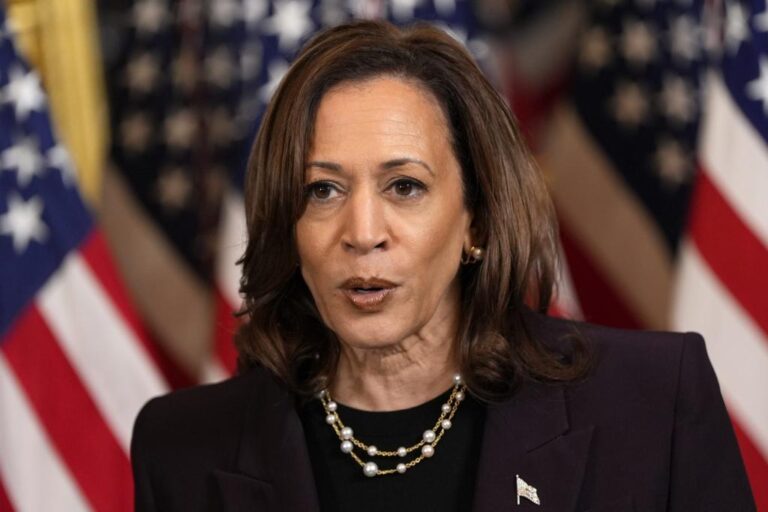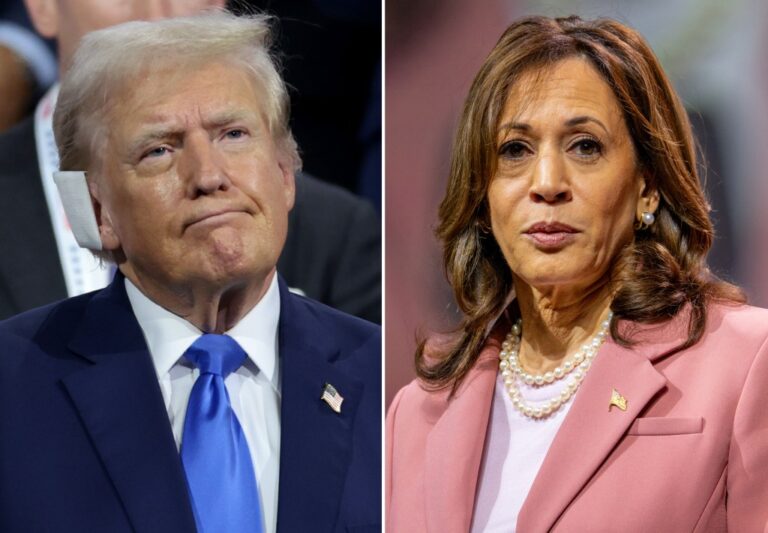Observers, at the moment, are generally keeping their forecasts for China’s 2024 economic performance in a holding pattern — an understandable posture after a year of off-the-mark predictions on a scale not seen in recent memory.
That may be due to last year’s shocking failure of China’s economy to significantly rebound in nearly all vital sectors. But this year so far is reinforcing the idea that China may simply be in a new normal marked by slower growth.
We are already seeing weakness in China’s core economic driver of manufacturing, where official data showed that activity shrank for a third straight month in December, even worse than forecast.
Home sales plummeted at an even faster rate in December, at 34.6% from a year earlier to 451.3 billion yuan ($64 billion), compared with a 29.6% decline in November, according to China Real Estate Information.
That means China’s largest developers’ full 2023 sales are 16.5% lower than in 2022, worse than even often optimistic domestic analysts’ estimates.
Property sales, according to Fitch Ratings, are expected to fall 5% this month and show no growth in 2024, compared with an estimated 10% to 15% fall for 2023.
From the archives (July 2023): China’s property woes offer a window into the demise of the country’s boom times
While property has long been a thorn in the side of China’s economy, as it accounts for a quarter of gross domestic product and is where 70% of Chinese park their savings, consumption has for years remained the sector policy makers hoped would explode and shift the economic model from one dependent on exports to one tied to domestic consumption.
Much of that is targeted at the outside world, which largely shunned China in 2023 as a source of investment.
Governments from the central to the municipal levels seem to be scrambling to turn this year into what last year was supposed to be. President Xi Jinping’s comments at the APEC summit in San Francisco were peppered with phrases such as that “China’s doors are open,” and that Beijing would provide “quality services” to outsiders. He even used the Chinese phrase for “heartwarming” to describe the government’s new approach to foreign investment.
These comments come at the close of the worst year on record for inbound investment into China — and the first time capital outflows exceeded inflows.
From the archives (November 2023): China is experiencing an exodus of foreign investment and talent. Xi Jinping is getting worried.
Also see: Immune to ‘friendshoring’? U.S. food and drink chains continue to pour cash into China.
Local governments are under pressure as well.
The central province of Henan is offering rewards of 35,000 yuan ($5,000) for every incoming tourist train — carrying domestic or international passengers — and ¥65,000 for each chartered flight in the first quarter, the provincial government said on Monday.
Reached by phone, Li Meiyu, a tourist agent in Henan’s capital of Zhengzhou said, “No one wants to come here. No one wants to do anything.”
Signs of weak demand are apparent in consumer prices, as well, which in last month’s reading fell at their steepest rate in three years.
China’s producer price index, a gauge of prices for goods at the factory gate, fell for the 14th consecutive month, down by 3% in November after a 2.6% drop in October, compared with the same period last year.
The measurements are considered accurate proxies of consumer demand.
“More stimulus and reforms are likely needed and exiting deflation could be a two-year journey,” Morgan Stanley economists wrote in a recent note.
With the country’s biggest holiday, the Lunar New Year, only weeks away, plans for gifts, special invitations and festive gatherings would normally be well underway.
“I will give my closest relatives and friends red envelopes [containing cash], but they’ll be slimmer this year,” said Maggie Li, an unemployed 28-year-old from the western city of Chengdu. “Everything seems less these days,” she said, pointing to group dinners, weekend getaways, gifts, and the ease of sliding into jobs through family or friend connections.
A tourism official from Henan’s Department of Culture and Tourism, who gave only his family name, Wu, said, “We’re doing everything we can. Come to Henan,” he said before hanging up.
In an unusual step, China has unveiled visa-free programs with nearly a dozen countries, allowing reciprocal stays of up to 30 days for select countries without paperwork or fees. China has traditionally inbound visa rules that are among the world’s strictest.
All this is raising questions about how much more stimulus is coming and where.
At last month’s Central Economic Conference, the emphasis, as usual, was on infrastructure investment and monetary easing. But promises to expand domestic demand topped the list of measures to come, from Xi himself. That came as welcome news to businesses, even if those vows were short on details.
Tanner Brown covers China for MarketWatch and Barron’s.
More Tanner Brown dispatches:
Walmart keeps head above water in China as local supermarkets eat themselves alive
U.S. businesses operating in China are confused and worried. Here’s why.
China’s economy is suffering, and consumers won’t open their wallets — except to see movies
China’s youth job market is a nightmare. It’s changing the face of the country.























